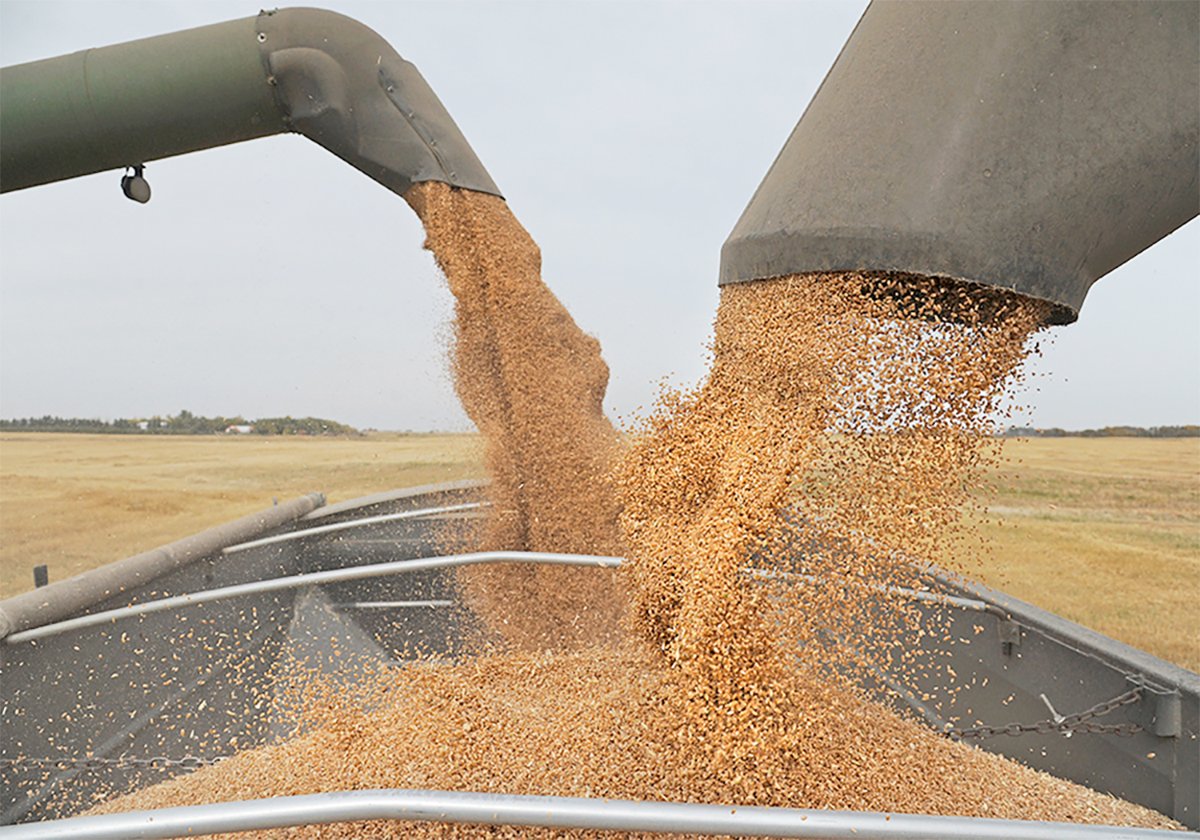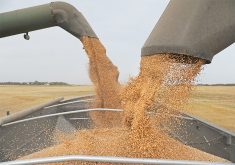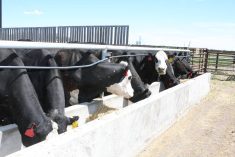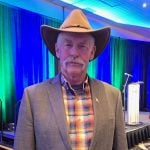It’s one thing to believe change and innovation are essential to build a profitable farm business. It’s quite another to think you can do it on your own.
Many entrepreneurs say the smartest thing they ever did was find a mentor who helped them on the road to success.
That’s the case with William Cheuk, who operates North America’s largest organic greenhouse and wants to become to organic vegetables what Dole is to pineapples.
In 2002, Origin Organic Farms (then called South Alder Greenhouses) opted out of BC Hot House Foods, the co-operative that had been marketing greenhouse vegetables in British Columbia since 1973, the year Cheuk was born.
Read Also

Agriculture productivity can be increased with little or no cost
There’s a way to enhance agricultural productivity with little or no cost. It doesn’t even require a bunch of legislative changes.
Most figured it was a big mistake. After all, in a business where product needs to be on store shelves within days if not hours after picking, giving up a secure supply chain and trying to build your own network is a daring move.
“Nobody had even thought of doing their own marketing,” said Cheuk, founder and president of Origin Organic. “Everybody said we were taking a huge risk.”
Well, not everybody. Cheuk had the backing of his mentor, David Ho, one of Vancouver’s most successful entrepreneurs. Ho not only liked the idea but convinced Cheuk to carve out his own spot in the greenhouse business.
“Dr. Ho inspired us to try something new, to have a differentiated product and to try to build a brand,” said Cheuk. “This is something we never thought of – to take a vegetable product and try to create a brand.”
Branding is a lot more complicated, and expensive, than just creating a logo and a slogan. Cheuk’s marketing team has crisscrossed North America, doing presentations to major retailers about Origin Organic and how its practices make its products superior. Phase 2 – developing consumer awareness – will cost even more.
“We’re still developing our brand, but we’ve already spent a couple of hundred thousand dollars and I would think it will eventually cost us in the $1 million to $2 million range to create a good brand,” he said.
For most of us, being a pioneer in something such as organic greenhouse production would be challenging enough. Being the largest such producer on the continent, moving almost 20 million pounds annually under the OriginO brand, most of it outside of Canada, would have us running from dawn to midnight.
How many of us would have the courage to bet the company’s future not once, but twice, on high-risk moves such as independent marketing and branding?
Also consider that Cheuk’s background is academic. He came from Hong Kong in 1991 and obtained a PhD in chemical and biological engineering at the University of B.C. His specialty is organic waste processing and he’s developed a proprietary system to produce high quality organic fertilizer and soil. Ho, also from Hong Kong, is a success in many businesses, including tobacco, soft-drink bottling and distribution, real estate, luxury auto dealerships and an airline.
So obviously Ho’s role as mentor is to teach Cheuk how to run a business, right? Wrong.
Ho became a mentor and investor because he thought Cheuk had good business smarts.
“Usually I am the one who comes to him with new ideas and he is always very supportive,” said Cheuk.
Mostly, the mentoring process consists of talking things over. Before Cheuk left BC Hot House Foods, Ho arranged a meeting with one of the co-op’s founders and former chief executive officers, who grilled Cheuk on how he planned to overcome the numerous hurdles he faced. It was a key meeting that ended with Cheuk feeling confident he had a viable plan.
Cheuk not only recommended mentoring to farmers, but also suggested they look for mentors who have been successful in non-farm businesses.
“I believe that farmers need to look beyond the agricultural sector,” he said. “When you have someone from outside your industry, they can share their experience from other types of businesses. That can be a real advantage.”
So how do farmers find a mentor? Cheuk, who first met Ho socially, said it’s all about relationships. A mentor has to be someone you’re willing to open up to and who can give you his or her frank opinion.
“I’m from a scientific background, but I’ve never thought I was the smartest guy in the world,” he said. “I’ve always asked people what they think and what advice they would have. I know I’ve got an awful lot to learn.”
Chances are you know some smart businesspeople in your community. Maybe it’s time to get to know them a little better.
Glenn Cheater is editor of Canadian Farm Manager, the newsletter of the
Canadian Farm Business Management Council. The newsletter as well as archived columns can be found in the news desk section at www.farmcentre.com.














